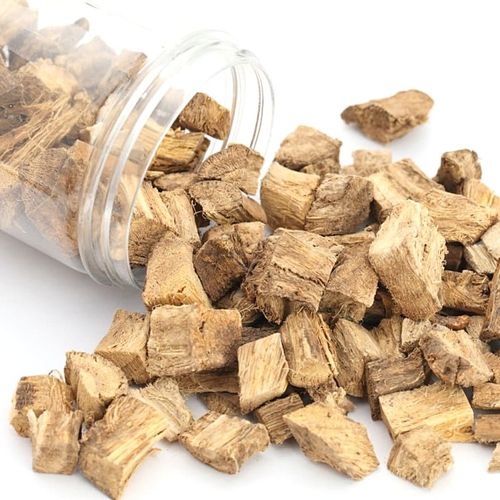The Kudzu root, a nuisance of a vine that grows wildly in the southern portion of the US, may soon be put to good use to help people who have metabolic syndrome, a constellation of symptoms, including hypertension, high cholesterol and abdominal obesity that increases risk for diabetes, heart disease and stroke. A recent study shows that kudzu root, an ancient Chinese herb historically used to treat menopausal symptoms, neck and eye pain, anginal pain and even the common cold, may actually help to remedy this modern-day epidemic.
Scientists have long suspected that controlling blood glucose levels might be the key to managing metabolic syndrome. To that end, researchers at the University of Alabama at Birmingham tested the effects of Kudzu root on blood glucose, blood pressure and blood lipids (fats) in rats with high blood pressure and at risk for type 2 diabetes For two months, half were fed a diet that contained a small (0.2%) amount of kudzu root extract. The others (the control group) were fed the same diet without the kudzu extract. At the end of the study, the kudzu-treated rats had lower blood pressure, blood lipids and blood glucose. Moreover, the kudzu-treated rats showed improved control of blood glucose. The study was published in the journal of Agricultural and Food Chemistry.
How Does It Help?
According to J. Michael Wyss, PhD, professor of cell biology and medicine at the University of Alabama at Birmingham, an isoflavone (an antioxidant found in plants) called puerarin might be the effective agent that reduces the symptoms of metabolic syndrome. "It appears that puerarin works by limiting the ability of glucose to cross from the gut into the blood, thereby buffering blood sugar so that it does not rise rapidly after a meal, " he explained. "This causes glucose in the blood to be taken up by muscle tissue. High levels would allow more to go into fat cells for storage."
Kudzu is available in health-food stores in pill and powder form Dr. Wyss cautioned, however, that more testing is needed to determine safety and efficacy for metabolic syndrome, especially since it has the potential for drug interactions. He also warned that people with estrogen-sensitive cancers (such as breast, ovarian or prostate cancers) and those taking the drug tamoxifen should not take kudzu because the herb contains phytoestrogens, substances that mimic estrogen, and have the potential to interact with estrogen receptors. In fact, any use of kudzu should be considered only in consultation with a physician.
In the future, Dr. Wyss believes that kudzu most likely will be used as a complement to other treatment approaches to metabolic syndrome, which include lifestyle modifications (healthy eating habits, exercise and weight loss) and drugs to bring glucose, blood lipids and blood pressure to the recommended levels.
